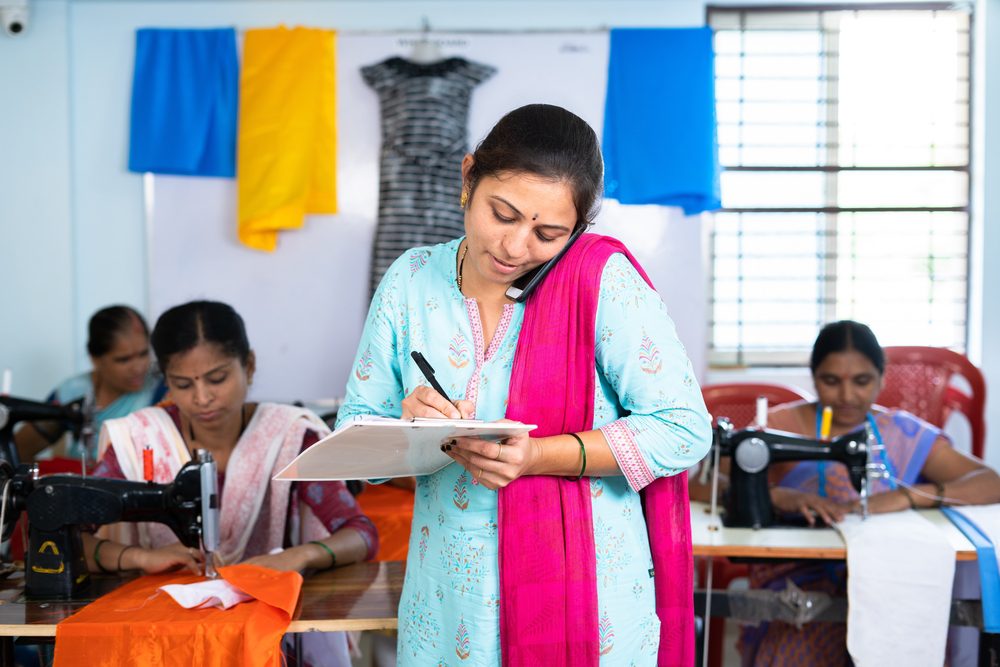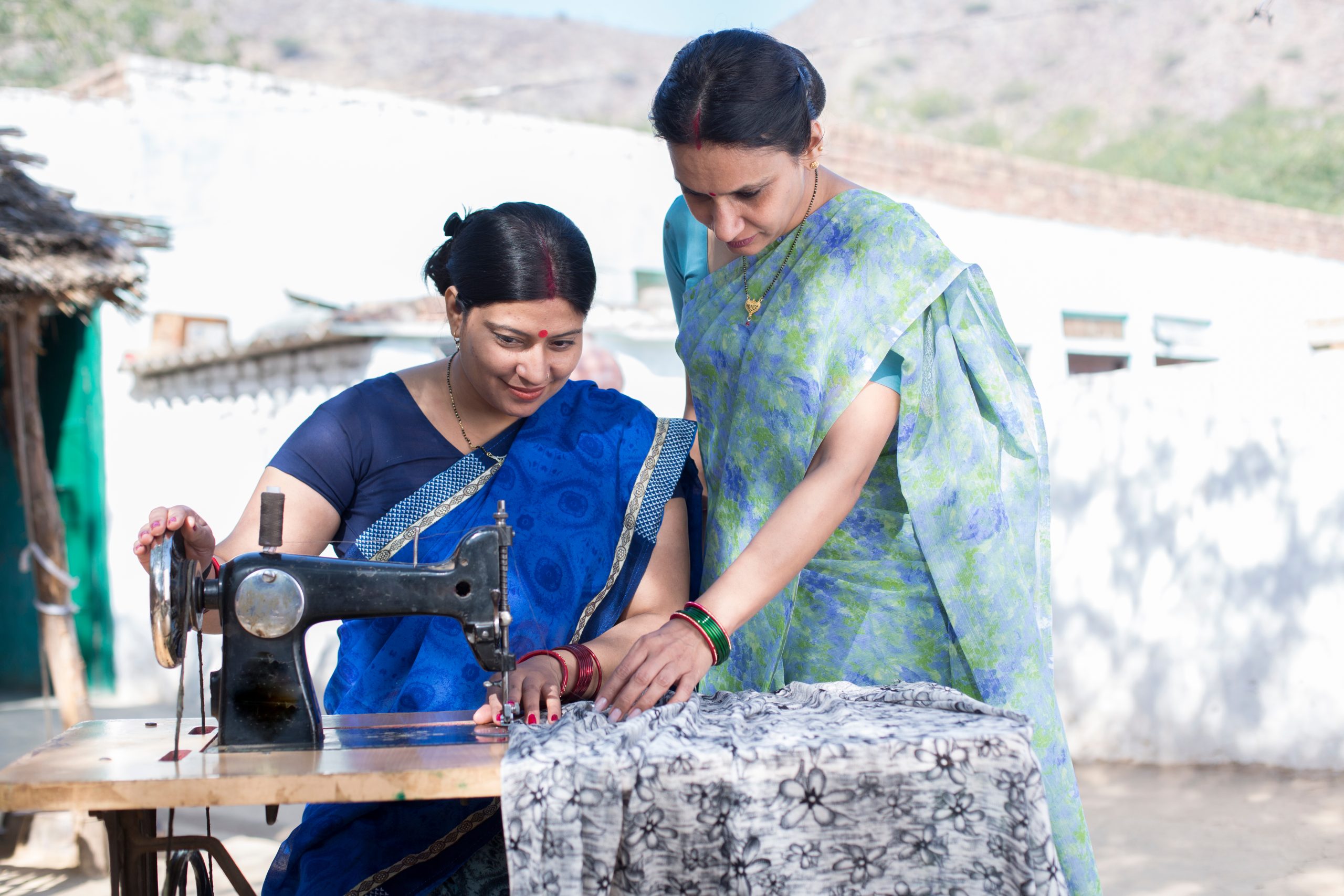Corporate organizations are increasingly integrating CSR for education into their strategies, recognizing that life skills education bridges the gap between formal learning and real-world application. By fostering decision-making abilities, communication skills, and financial literacy, these programs contribute significantly to sustainable development.
Why Life Skills Education is Essential for Marginalized Communities
Marginalized groups, including women, rural youth, and underprivileged children, often face multiple barriers to education and employment. According to UNESCO, more than 258 million children and youth worldwide are out of school due to socio-economic challenges (UNESCO Report).
In such contexts, life skills education offers a solution by:
- Improving employability: Teaching practical skills such as problem-solving, teamwork, and leadership to increase job readiness.
- Enhancing financial literacy: Equipping individuals with budgeting and financial planning skills for economic independence.
- Building resilience and confidence: Helping youth make informed life decisions, manage stress, and overcome societal challenges.
- Promoting gender equality: Encouraging women and girls to participate in education and career opportunities through leadership training.
The Role of the Corporate Social Responsibility Model in Life Skills Education
A corporate social responsibility model that prioritizes education and employability can be transformative for marginalized communities. Many CSR initiatives now focus on life skills training, recognizing that job readiness requires more than just technical expertise.

Key Areas Where CSR for Education is Making an Impact
Vocational Training and Skill Development
- Programs focus on technical and soft skills training, ensuring that youth can transition into sustainable careers.
- CSR-backed education programs are supporting schools in embedding leadership, financial literacy, and problem-solving into daily learning.
- Research shows that students with early exposure to life skills training are more confident in their career choices and decision-making abilities.
Holistic Education Programs: Bridging the School-to-Work Gap
- Companies integrate life skills training within formal education to create well-rounded learners.
- Many graduates struggle with employability due to a lack of soft skills, such as communication, teamwork, and adaptability.
- CSR for education programs increasingly include internships, mentorship, and vocational training, ensuring students are workforce-ready.
Digital & Financial Literacy for Economic Independence
- Several CSR-backed projects encourage youth to start their own businesses, particularly in rural and marginalized communities.
- In the digital economy, skills education must include financial planning and digital literacy to prepare individuals for entrepreneurship and self-sufficiency.
- CSR-backed initiatives now focus on training individuals in money management, digital tools, and financial decision-making to help break the cycle of economic vulnerability.
How CSR for Education is Driving Youth Empowerment
Life skills education is a critical pillar of youth empowerment, enabling individuals to become active contributors to society. Corporate social responsibility models that integrate life skills training into educational initiatives help in:
- Reducing school drop-out rates by making education more engaging and relevant.
- Enhancing employability through real-world skill applications.
- Encouraging community leadership by training youth to drive local development projects.
A Call to Action: Investing in the Future
The role of CSR for education in empowering marginalized communities is undeniable. Companies, governments, and non-profits must work together to expand access to life skills education, ensuring that every individual—regardless of background—has the opportunity to thrive.

Centum Foundation’s Commitment to Life Skills Education
As part of our corporate social responsibility model, Centum Foundation actively works to ensure that life skills education is accessible to all. Our approach focuses on:
- Youth empowerment – Providing structured programs that enhance decision-making, leadership, and workplace readiness.
- Entrepreneurial education – Equipping individuals with business acumen and financial literacy to support self-employment and economic resilience.
- Workforce preparation – Integrating digital and soft skills training to ensure that marginalized groups can secure sustainable employment.
By prioritizing CSR for education, we aim to empower individuals with life skills that drive long-term economic and social growth.
Building a Future Where Life Skills Education is Universal
As industries evolve, education systems must adapt to ensure that students and job seekers are equipped for success. To make a lasting impact, we must:
- Expand CSR-backed life skills programs to rural and underserved regions.
- Promote public-private partnerships that integrate skills education into formal schooling.
- Leverage technology to make life skills training accessible via digital platforms.
Collaboration between corporations, governments, and non-profits will be crucial in bridging the education-employment gap and ensuring that every individual—regardless of background—has the skills to thrive.
Conclusion
Life skills education is not just an add-on—it is essential for true youth empowerment. For marginalized communities, it is the key to breaking barriers, securing opportunities, and building sustainable livelihoods.
At Centum Foundation, we are committed to driving impactful CSR for education by integrating life skills training into every learning opportunity.
Discover how Centum Foundation’s CSR initiatives are transforming lives through the power of education, creating brighter futures for generations to come.


